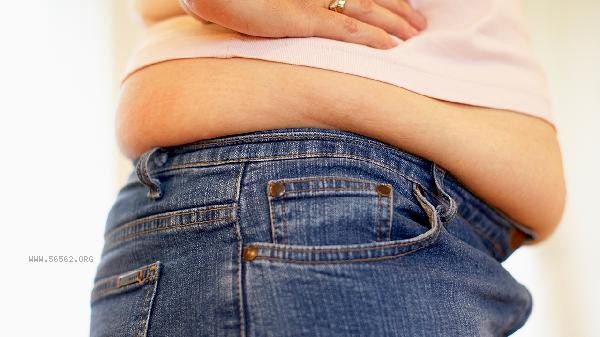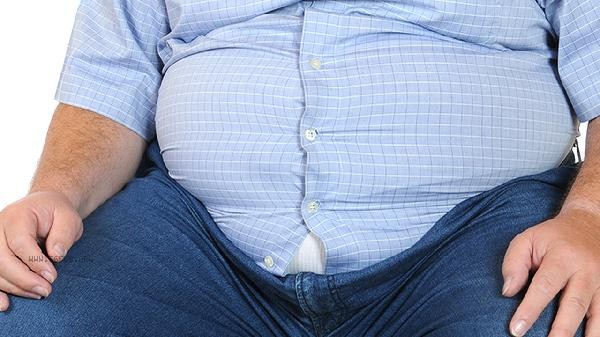Liposuction surgery can indeed achieve local weight loss effects, but it cannot replace healthy weight loss methods. Liposuction mainly targets subcutaneous fat accumulation sites, removing fat cells through physical means, suitable for people with relatively stable body weight but difficult to lose local fat. Liposuction surgery involves inserting a suction tube through a small incision and using negative pressure to suction fat from specific areas such as the abdomen, thighs, or arms. The number of fat cells permanently decreases after surgery, and the body shape and contour are improved. But liposuction is not suitable for patients with systemic obesity or excessive visceral fat. After surgery, it is still necessary to maintain dietary control and exercise habits, otherwise the remaining fat cells may still increase in volume. The liposuction effect is closely related to skin elasticity and doctor's skills, and those with loose skin may need to combine it with skin tightening treatment. Liposuction cannot improve obesity related metabolic problems such as hypertension and hyperglycemia. Short term complications such as swelling, bruising, and uneven skin may occur after surgery, and in severe cases, fat embolism or infection may occur. Excessive liposuction can lead to irreversible damage such as skin necrosis and contour deformities. Operation is prohibited for patients with diabetes, coagulation dysfunction and pregnant women. After liposuction, it is necessary to wear shapewear for 1-3 months, avoid vigorous exercise, and follow medical advice to perform lymphatic massage to promote recovery.

It is recommended to conduct a comprehensive physical assessment before surgery and choose a reputable medical institution and professional doctor. Maintain a low-fat and high protein diet after surgery, supplement vitamin C in moderation to promote wound healing, and avoid smoking and drinking alcohol. Long term maintenance requires a combination of aerobic exercise and strength training, with at least 150 minutes of moderate intensity exercise per week. If there is fever, severe pain, or abnormal fluid leakage, timely follow-up should be sought.








Comments (0)
Leave a Comment
No comments yet
Be the first to share your thoughts!